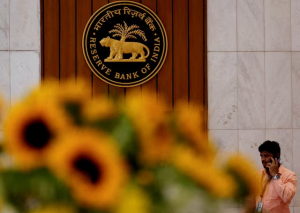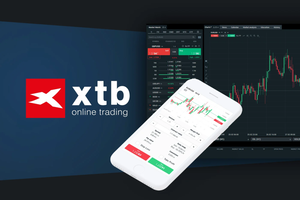Oil prices rose in Asian trade on Monday, extending a recent rally after an intensifying conflict between Israel and Iran ramped up concerns over supply disruptions in the Middle East.
But prices traded below a 4-½ month high hit on Friday in the immediate aftermath of Israeli attacks against Iran. Tehran retaliated with a series of missile strikes over the weekend.
Brent oil futures for August rose 0.5% to $74.59 a barrel, while West Texas Intermediate crude futures rose 0.6% to $71.66 a barrel by 21:01 ET (01:01 GMT).
Israel-Iran conflict worsens, US intervention eyed Israel and Iran launched a volley of strikes against each other over the weekend, with leaders from both sides signaling little intent to deescalate.
Israel had first struck Tehran on Friday, and was also seen attacking Iran’s nuclear facilities. Tehran retaliated with missile strikes against major Israeli cities, with several missiles seen hitting Tel Aviv.
The latest conflict pushed up bets on more restrictions on Iranian oil, and also sparked concerns over disruptions in the Strait of Hormuz, which is a major shipping channel for Asia and Europe.
Focus was now squarely on whether the U.S. will intervene in the conflict. President Donald Trump said that efforts were being made to reach a ceasefire, but that Israel and Iran may have to “fight it out” before a deal could be reached.
3rd party Ad. Not an offer or recommendation by Investing.com. See disclosure here or remove ads. Trump also warned Iran against attacking U.S. facilities in the region.
Israel’s Friday attack saw Iran cancel nuclear talks with the U.S., which were scheduled to take place over the weekend.
Central bank barrage on tap While the Israel-Iran conflict is likely to drive oil’s performance in the near-term, focus this week is also on a barrage of major central bank meetings.
The Bank of Japan is set to meet on Tuesday and is likely to leave interest rates unchanged, although traders will be watching for any more economic cues.
The U.S. Federal Reserve is set to keep rates unchanged on Wednesday, with focus squarely on whether the central bank will signal any more rate cuts amid softening inflation and a cooling economy.
China’s central bank is set to decide on its benchmark loan prime rate later this week, while the Swiss National Bank and the Bank of England are also set to decide on rates this week.













